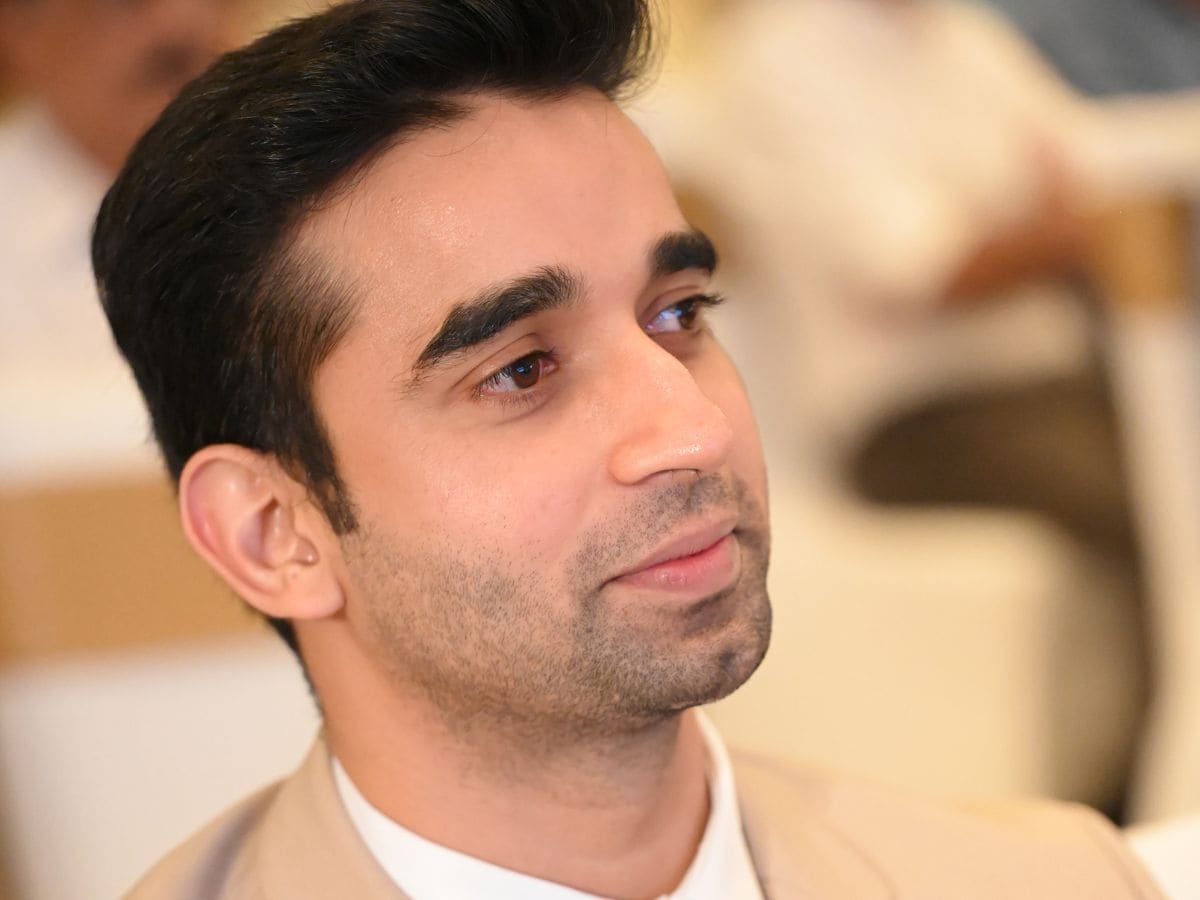A legacy of care, reimagined for the future
Lilavati's newest outpost in Gujarat carries forward a family legacy of healthcare, humanity, and hope - built to serve all


In the heart of GIFT City, Gujarat’s cutting-edge smart city and financial hub, a new kind of institution is taking shape - not a stock exchange or bank, but a hospital: one that carries decades of quiet, determined philanthropy in its DNA. Lilavati Hospital, a name synonymous with world-class healthcare and deep-rooted service in Mumbai, is expanding its reach. But this isn"t just a new facility it’s the next chapter in a legacy of care.
A Legacy Rooted in Service
The story of the Lilavati Hospitals begins not with buildings, but with belief - a belief that prosperity should be shared, and that true legacy is measured by impact, not profit. That spirit was set in motion by Late Shri Kirtilal Manilal Mehta, a pioneering diamond merchant who built global success but remained deeply rooted in his values of service and community upliftment.
In 1966, he established the Kirtilal Manilal Mehta Family Charitable Trust, a public charitable trust dedicated to improving lives at scale. What followed was one of the most quietly ambitious rural development programmes in India. The Trust adopted 108 backward villages in Gujarat"s Banas Kantha district, one of the most drought-prone and underserved regions of the country. Through the LiGHT programme (Let Literacy and Good Health Thrive), and later through the Lilavati Foundation, the family implemented a multidimensional model of upliftment: combining access to education, healthcare, employment, and environmental rehabilitation.
These were not short-term interventions. The Trust’s approach focused on long-term transformation. Food-for-work schemes helped build village infrastructure - roads, water systems, schools, and community halls, all while ensuring nutrition and livelihood. Women were empowered through sewing centres, self-help collectives, and leadership platforms like the Lilavati Mahila Mandal.
Healthcare reached the unreached through mobile clinics, vaccination camps, and on-ground specialist care. Schools were strengthened with teacher training and educational support. Meanwhile, social forestry programmes brought trees, and hope, to arid landscapes. And when disaster struck in the form of the Bhuj earthquake, the response was swift and deeply human: doctors, food, shelter, even rescue support, mobilised within hours.
The group’s largest and most visible healthcare contribution came in 1997, with the launch of Lilavati Hospital & Research Centre in Mumbai, managed under the Lilavati Kirtilal Mehta Medical Trust (founded in 1978). The hospital has since grown into a 323-bed super-specialty institution that balances cutting-edge medical technology with deep-rooted service. Through its SEWA department, Lilavati Hospital offers free or subsidized care to thousands each year, continuing the Mehta family’s mission to make healthcare equitable and humane.

Saurav Sharma, Project Head, Lilavati Foundation
A Smart Hospital for a Smart City
Now, Lilavati is bringing that same ethic to GIFT City - but with next-generation technology, global collaboration, and a patient-first approach built from the ground up. Positioned as a landmark institution in Gujarat’s emerging healthcare landscape, the new hospital blends Lilavati’s legacy of trust with an uncompromising focus on innovation, access, and transparency.
A key pillar of this transformation is Lilavati Foundation’s affiliation with the Mayo Clinic - one of the world’s most respected names in healthcare. The collaboration isn’t just symbolic, it is, in fact, systemic. From doctor and nursing training to SOP design, the aim is to hardwire Mayo-aligned global standards into everyday clinical practice. This means more than just better treatment: it’s about smoother patient journeys, clearer communication, and fewer uncertainties at every step. For patients accustomed to navigating a system that can often feel rushed or opaque, this alone will be a gamechanger.
The hospital’s design itself supports this new model of care. AI-powered diagnostics will help doctors make faster, more accurate decisions - without compromising on quality of care. Tech-enabled systems will streamline everything from consultations to follow-ups. A dedicated helipad ensures that emergency cases can be airlifted in, without delays or diversions.
But perhaps what truly sets this project apart is that a full 10% of the hospital’s beds will be reserved for underprivileged patients. These are not symbolic gestures - eligibility will be formally assessed and administered through the newly launched Gujarat wing of SEWA, ensuring that care reaches those who need it most, without stigma or red tape. Just as in Mumbai, this local SEWA wing will also conduct medical camps and outreach programmes, bringing Lilavati’s spirit of service to the community’s doorstep.
Though the hospital will feature high-demand specialities from cardiology and oncology to orthopaedics, neurosciences, and critical care, it is being built around a bigger idea: that great healthcare doesn’t just cure illness, it restores dignity. And that in a country where time-starved doctors often struggle to explain or engage, the real innovation might just be systems and processes that create space for true empathy.
Extending a Legacy - Without Dilution
Even as it embraces cutting-edge treatments and global best practices, the heart of this hospital remains rooted in the same promise from nearly 60 years ago: healthcare that’s excellent, equitable, and deeply human.
For the Lilavati Group, this isn’t just expansion: it is evolution. And for Gujarat, it is a leap toward a future where care isn’t a privilege, but a promise kept.
The pages slugged ‘Brand Connect’ are equivalent to advertisements and are not written and produced by Forbes India journalists.
First Published: Apr 22, 2025, 15:35
Subscribe Now